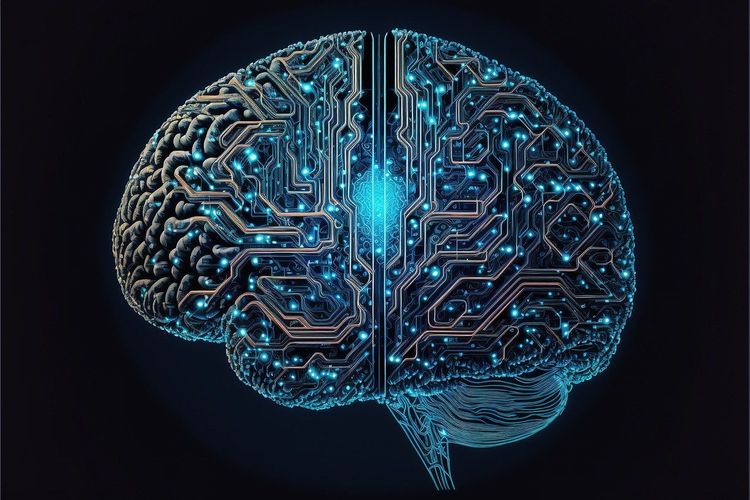Building Scalable AI Infrastructure: A Focus on Energy Efficiency
At the recent Hot Chips 2024 conference, Trevor Cai, head of hardware infrastructure at OpenAI, delivered a keynote titled “Building Scalable AI Infrastructure.” Cai emphasized that scaling computational resources can significantly enhance the performance and utility of artificial intelligence, making this insight critical for the future of AI development.
Hot Chips is a key global conference that showcases advancements in processors and related technologies. This year, discussions around artificial intelligence were particularly vigorous, especially in light of the surging energy demands of data centers. Research from Morgan Stanley indicates that the electricity consumption of generative AI is projected to increase by 75% annually over the next few years, with energy usage expected to match Spain's total consumption by 2026.
The Surge in Energy-Efficient Solutions
During the two-day Hot Chips 2024 event, a significant focus was placed on deploying energy-efficient and scalable AI servers. In his talk, Trevor Cai highlighted that as computational capabilities grow, substantial investments are needed in AI infrastructure to achieve meaningful benefits. Since 2018, the computational requirements for cutting-edge models have increased approximately fourfold. While training the original GPT-1 model required just a few weeks, today it necessitates extensive GPU clusters.
IBM showcased its upcoming Telum II processor and Spyre accelerator, touting new AI integration methods that aim to reduce energy consumption and physical footprint. NVIDIA introduced its Blackwell AI cluster architecture, capable of training models with up to 100 trillion parameters while utilizing the Quasar quantization system to minimize energy usage. Other companies like Intel, Broadcom, and SK Hynix also presented energy-efficient technology solutions, highlighting a shared concern regarding the growing energy demands.
Energy Demand and Environmental Challenges
The rapid advancement of artificial intelligence is driving a surge in demand for more powerful processors, leading to unprecedented energy consumption in data centers. According to Bloomberg, major tech companies invested a staggering $105 billion in data center infrastructure last year. With increasing computational needs for AI tasks, the International Energy Agency forecasts that global data center energy consumption will match Japan’s electricity usage by 2026.
Sasha Luccioni, head of Hugging Face, noted that while AI model training usually occurs in a single round, frequent querying leads to increased energy consumption. For instance, a single query to ChatGPT consumes as much energy as keeping a light bulb on for 20 minutes. This demand poses challenges to electricity resources and raises environmental concerns.
In response to the energy crisis, tech companies are exploring cleaner energy sources. Amazon is investing in a nuclear-powered data center in Pennsylvania to reduce reliance on traditional power grids. Meanwhile, Google is developing dedicated chips optimized for AI, significantly enhancing energy efficiency.
NVIDIA's research indicates that its direct liquid cooling system can reduce data center energy consumption by 28%. However, Professor Sinclair from the University of Wisconsin cautions that while increasing the energy efficiency of individual tasks, an overall rise in usage could still lead to higher total energy consumption. This phenomenon, known as the Jevons Paradox, is applicable both historically and in the context of modern AI development.
Conclusion
The rapid evolution of AI technology juxtaposed with escalating energy demands necessitates that tech companies discover innovative and sustainable solutions. The discussions at Hot Chips 2024 reflect a collective industry focus on energy-efficient technologies, pointing the way forward for future AI infrastructure development.







